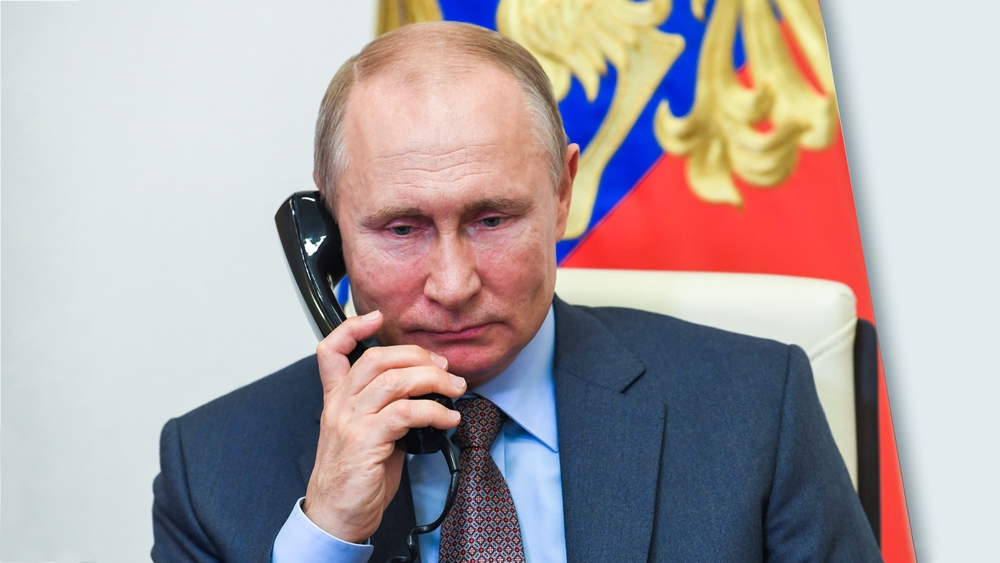It is the first time they talk in more than two years.
Others are reading now
Serbian President Aleksandar Vučić recently held his first conversation with Russian President Vladimir Putin in over two years, expressing gratitude for Putin’s message on the 80th anniversary of Belgrade’s liberation from Nazi forces.
Thanked Putin
During the phone call, Vučić highlighted the Serbian people’s deep appreciation for the role of the Red Army in freeing the city, which occurred during World War II as part of a joint effort between Soviet troops and Yugoslav partisans, according to URA.
In a post on Instagram (a platform banned in Russia), Vučić publicly thanked Putin, stating:
“I expressed Serbia’s and our people’s gratitude to the Red Army units that participated in the liberation of our capital alongside Serbian forces.”
Also read
This conversation coincided with Serbia’s preparations for commemorative events to mark the October 20 anniversary, a significant date in Serbian history.
Serbia’s Delicate Position
Despite the close historical ties between Serbia and Russia, Serbia has taken a more neutral stance in the ongoing war in Ukraine.
Although Serbia has not imposed sanctions on Russia, it has voted in favor of several United Nations resolutions condemning Russia’s invasion of Ukraine.
This is a careful balancing act that the president of Serbia navigates between its traditional ties with Russia and its aspirations for European Union (EU) membership, as the EU is Serbia’s largest trading partner.
Serbia has made efforts to align with international law on Ukraine in certain arenas, without fully endorsing Western sanctions.
Since late September, representatives from both the Russian and Serbian embassies have been honoring Soviet soldiers at memorials across Serbian cities. Over 7,000 Red Army soldiers are buried in the former Yugoslavia, and the memory of their role in liberating Belgrade remains an important chapter in Serbia’s historical narrative.


